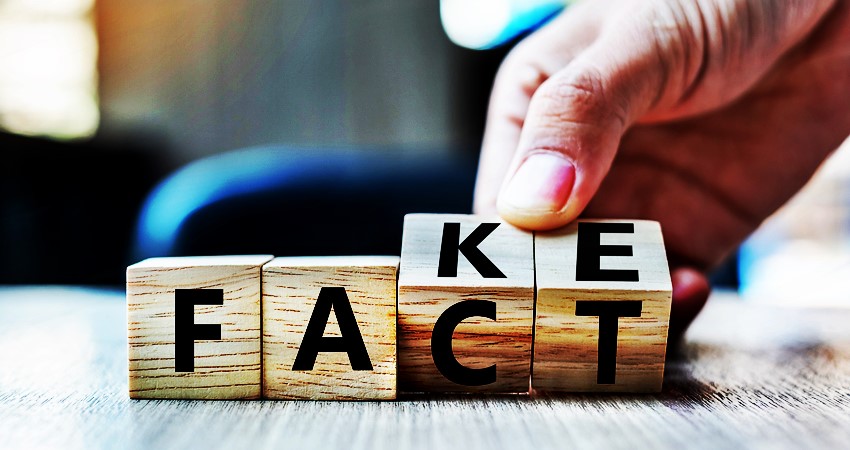On 16th Feb 2019, Google presented a whitepaper at the Munich Security Conference explaining how it plans to combats disinformation over its various services. In this, they include efforts for fighting Google fake news covering Google News, Google Search, and YouTube, as well as their advertising platforms.
Google has taken various steps in tackling the problem including partnering with fact-checking networks and launching their $300 million Google News Initiative.
What is “disinformation” or “fake news”?
Disinformation goes by various names including “fake news” and “misinformation”. Google defines disinformation in their whitepaper as
“Deliberate efforts to deceive and mislead using the speed, scale, and technologies of the open web”
The entities that engage in these acts often have a diverse set of goals as:
- Financial motivation: those looking to engage in disinformation for the sole purpose of turning a profit
- Political Motivation: those looking to foster certain viewpoints among the people or to exert pressure over the political processes
- Others engage in these acts for their entertainment. These are often called “trolls” or Cyberbullies.
Fake News: How Does Google plan to tackle this situation?
At a high level, their anti-fake news system includes three strategies tailored to suit their services.
Make Quality Count
Moreover, Google gathers and ranks information using various “ranking algorithms”. These do not foster any particular ideological viewpoints of any individuals that build them.
Counteract Malicious Actors
Google has devised policies outlining the behavior that it prohibits such as misrepresentation of the ownership or impersonation of other channels on YouTube.
Hence, these policies deal with content creators that are trying to deceive the ranking system.
Fake News: Give Users More Context
Google points to its Knowledge and Information Panels on Google Search and YouTube to give the users more context as to what content they are seeing and why they are seeing it.
Their products also present the users with a broad range of information to expose them to diverse viewpoints. This ensures that the users know what they want to explore in-depth.
Getting Ready for the future
The whitepaper also touches major plans for the future. It also states that improving media literacy will aid in fighting in the Google fake news issue.
Furthermore, the threats are likely to increase around the democratic elections. They also mentioned their plans to invest in development efforts to stay ahead of the tactics such as synthetic media (deep fakes) that could be used by malicious actors.
With its whitepaper, Google is making a statement clarifying their role in dealing with the fake news over the internet by bringing all the information together in one place.
You May Also Like To Read:
What is Facebook’s InfoWar Crisis?


